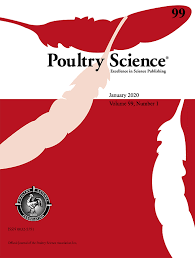Document type : scientific article published in Animals
Authors: Górecka-Bruzda, A.; Jaworski, Z.; Jaworska, J.; Siemieniuch, M.
Preview: To prevent abuse and to assure the welfare of domestic horses, attempts to assess welfare in a standardized way have been made. Welfare-assessment tools often refer to the physical and social environments of feral domestic horses as examples of welfare-friendly conditions for horses. However, free-roaming horses are often exposed to conditions or states that may be regarded as welfare threats or abuse. The aim of this review was to present cases of welfare compromised as well as natural ways to restore high standards of welfare to Konik polski horses (Koniks) living in semiferal conditions in a forest sanctuary over the course of 70 years. Welfare problems in Koniks related to feeding, locomotor, social, reproductive, and comfort behavior, as well as health issues concerning hoof trimming and parasitism in Koniks, are discussed. Periodic food scarcity or abundance, stressful events around weaning and gathering, the consequences of fights among stallions, exposure to sire aggression during dispersal, lameness during "self-trimming," exposure to insect harassment, high levels of parasitism, and specific landscape formations may endanger free-roaming horses. It has to be underlined that despite the excellent adaptability of horses to free-roaming conditions, one should be aware that welfare problems are to be expected in any semiferal population. Here, we present the management system applied for 70 years in free-roaming Konik polski horses that minimizes welfare threats. It allows close follow-up of individual horses, the strict monitoring of health and welfare on a daily basis, and if necessary, instant reactions from caretakers in cases of emergency. Moreover, it addresses the problem of starvation due to overgrazing and thus, the ethical controversy related to the eradication of surplus animals causing environmental damage.






